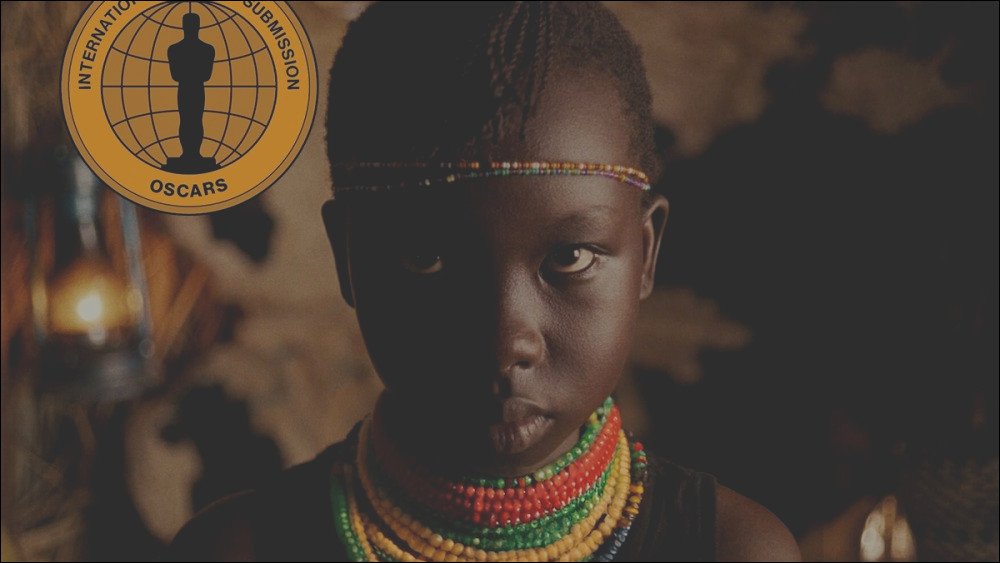In the immersive world of “Nawi,” a dual narrative unfolds, steeped in the intricate tapestry of cultural tradition and personal aspiration. The film, showcasing a stunning lead performance by Michelle Lemuya Ikeny, narrates the poignant tale of a 13-year-old girl, grappling with the oppressive hand of societal norms that dictate her fate. Hailing from the captivating landscapes of Turkana, Kenya, Nawi is caught in a web of patriarchal expectations, destined to be given away in marriage, wrapped in the promise of a hefty dowry made up of livestock.
The narrative ignites with Nawi’s resounding academic successes—her scholarly prowess is celebrated amid the warm communal bustle of her school. Yet, slick shadows loom large, as her father’s intentions coalesce into a plan that seeks to trade her youthful dreams for the tangible benefits that come with a substantial dowry. Such is the burden of being the family’s only daughter, where ambitions are traded for the survival of kin as Nawi pens in her journal: “60 sheep, eight camels, 100 goats. No more, no less.”
As the film meanders through Nawi’s family dynamics, it delves deep into the heart of a patriarchal household where her father, Eree, juggles two wives, each embodying differing philosophies on a woman’s role. The interactions crackle with tension—Ekai, the more traditional first wife, reinforces conventional beliefs, while the younger Rosemary attempts to cloak their harsh realities with a mother’s love, hoping her daughter will find joy even in the confines of matrimony. The nuances of these relationships unfurl like a tightly woven fabric, illustrating the gravity of expectations weighing down on Nawi.
Ikeny captures the essence of her character with an emotional tapestry rich in nuance—each frame laden with her expressions painting a silent narrative that resonates powerfully, even when the surrounding dialogues might falter. The co-directors choose to linger on her face, grounding the viewer in her struggle, her quiet desperation, and her undeniable strength. In this milieu where words sometimes fail, Ikeny flourishes, exuding a magnetism that anchors the film, transforming what could have been mere melodrama into a thing of profound observation.
And yet, as the plot burgeons with familiar tropes—Nawi seeks autonomy, flees, mentors peers, navigating a path fraught with uncertainty—the screenplay finds itself ensnared within the confines of didacticism. As it devolves into a public service announcement of sorts, the cinematic finesse that sparkled in the beginning succumbs to a formulaic urgency. The tale, initially so intimately tied to Nawi’s journey, risks losing its artistry, sinking into exposition rather than exploration.
The poignancy of her story, muddled by clumsy storytelling choices, aims to address the sinister reality of child marriage but leans too heavily on overt messaging—a misstep that dilutes the raw emotional impact. By abandoning subtlety in favor of heavy-handed techniques, including direct appeals to the audience, the filmmakers, despite their noble intentions and collaboration with various NGOs, inadvertently transform their narrative into an educational pamphlet rather than a cinematic experience.
Ultimately, “Nawi,” while fostering exceptional performances and exposing critical social issues, straddles a precarious line between art and advocacy, leaving viewers yearning for the deeply personal resonance that initially beckoned them into the narrative’s embrace. It’s a stark reminder that the most powerful stories emerge not from broad strokes but from the intricate details of lived experiences, echoing through the chambers of the human heart.

